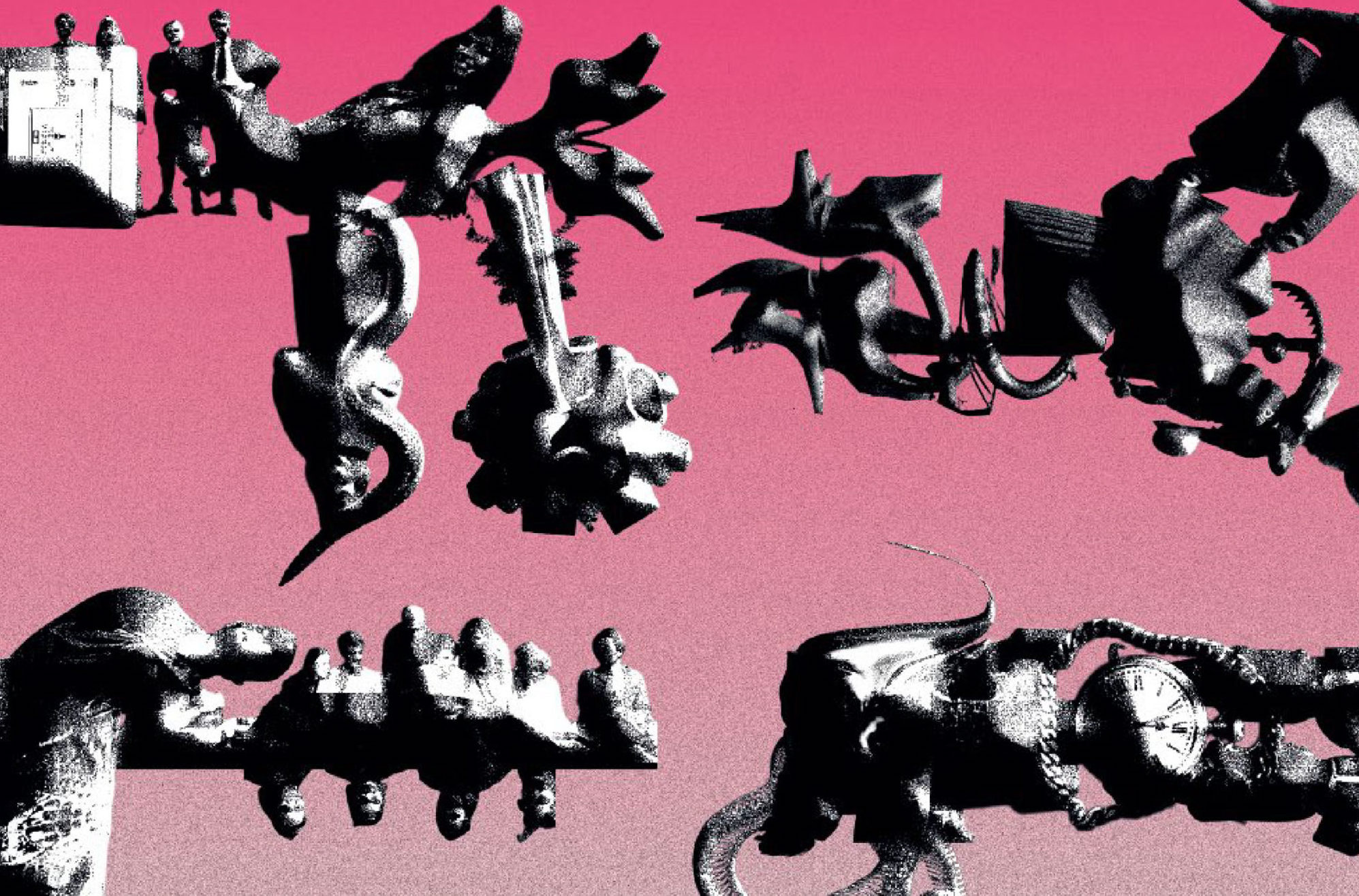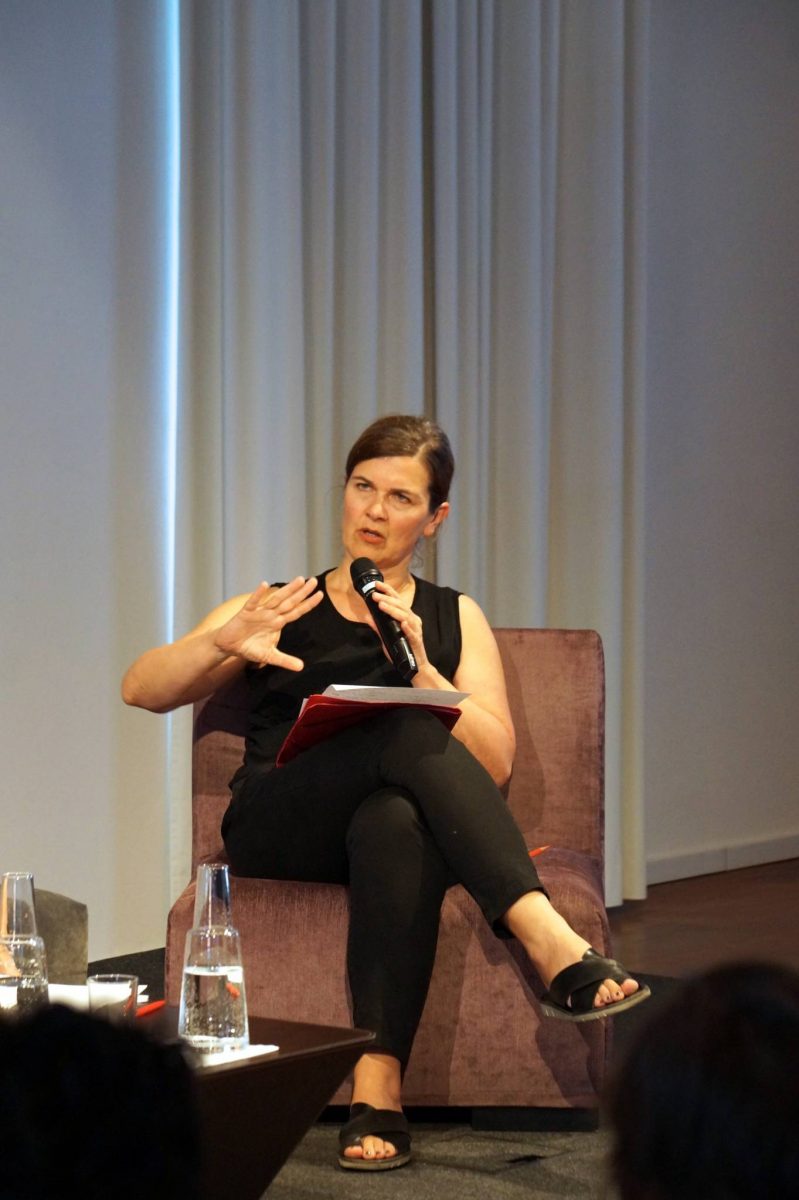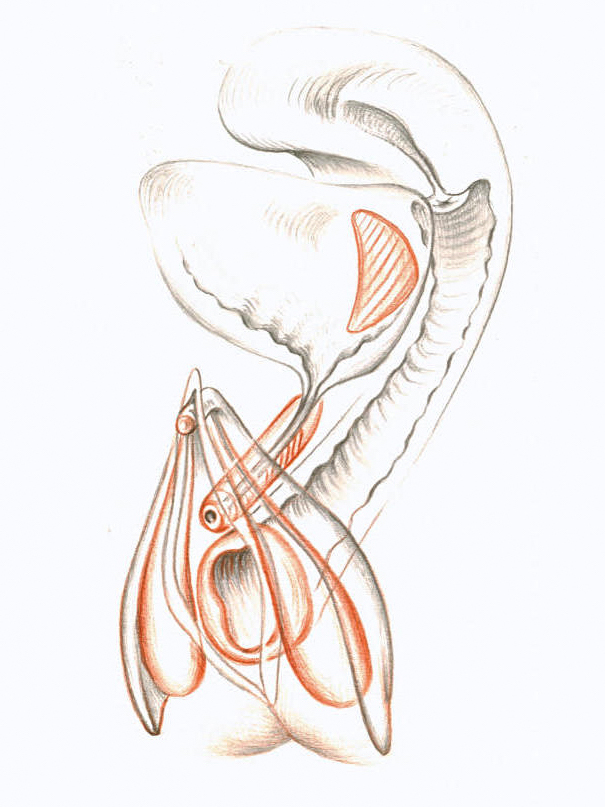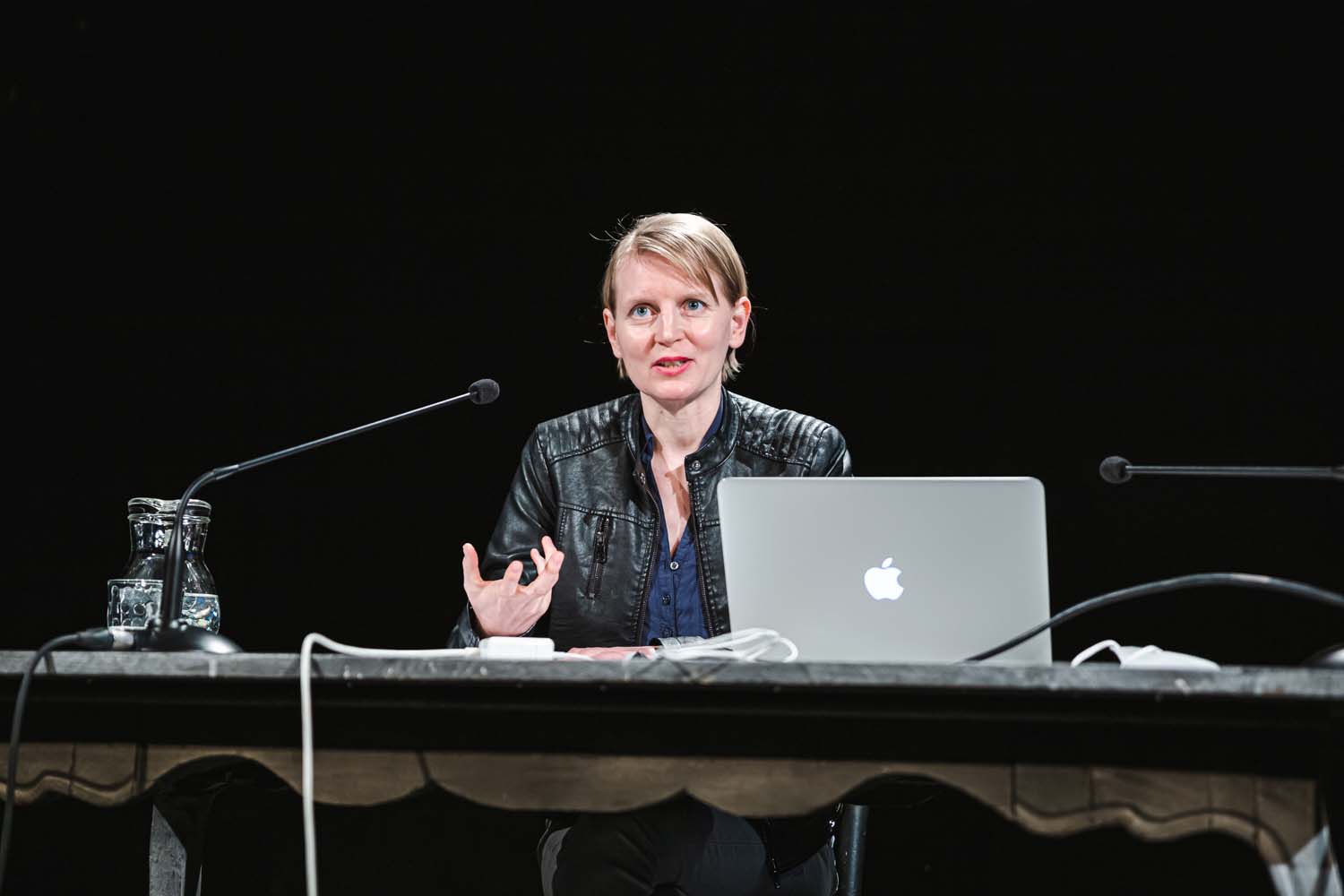Ben Woodard: No Special Status: The ecologies of agency in ecology
Agency (meaning the capacity to act in a goal oriented manner) is a central theme in the discussion of ecology both within the humanities and increasingly within the natural sciences. This talk maps out the various ways agency is used to orient living and non-living entities as part of thinking ecology in its broadest terms. In particular, agency within the humanities is increasingly used to assign importance to nonhuman entities or to emphasize that human agency is in fact embodied or non-cognitive in a broadly posthumanist form. Within the biological sciences and ecology especially organismal agency has a more constrained role but is becoming increasingly central to non-gene-centric approaches to understandings of life and environment. In the following I want to argue that this emphasis on agency has had detrimental effects and has largely served as means of shielding the humanities from engaging seriously with the natural sciences. Furthermore, the second half of the talk will engage with the work of Sylvia Wynter and argue that the reluctance of the ecohumanities to engage with the biological sciences remains linked to a colonial Eurocentrism which in turn denies the material conditions of life and of the conceptual forms of the human.
No Special Status: The ecologies of agency in ecology
Spring Semester: Non-Human Stakeholders
Ben Woodard

Ben Woodard is an independent scholar living in Germany. His work focuses on the relationship between naturalism and idealism during the long nineteenth century.
He is currently preparing a monograph on the relation of naturalism and formalism in the life sciences. His book Schelling’s Naturalism was published in 2019 by Edinburgh University Press.



















